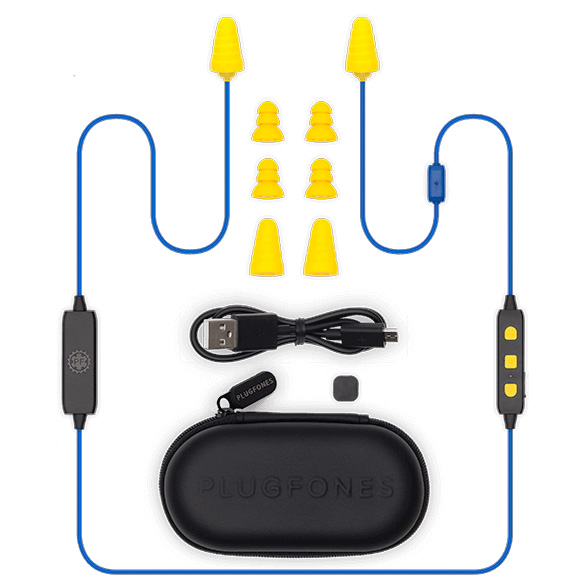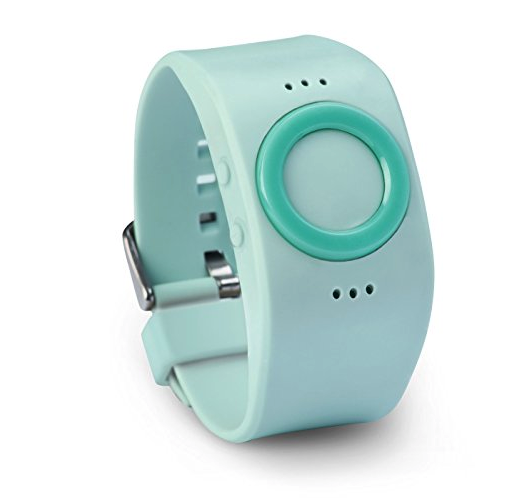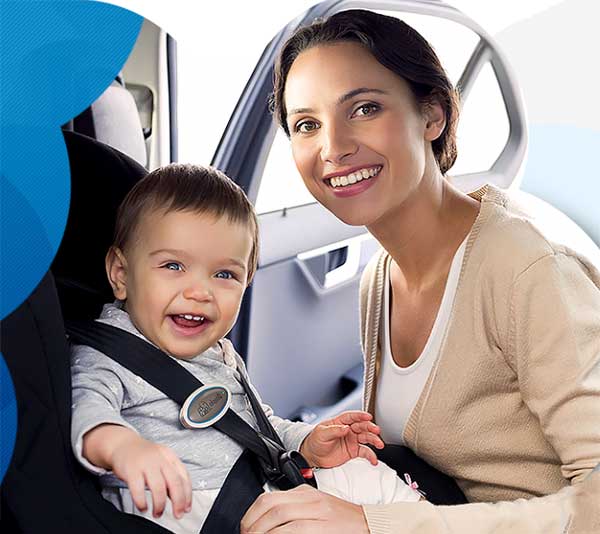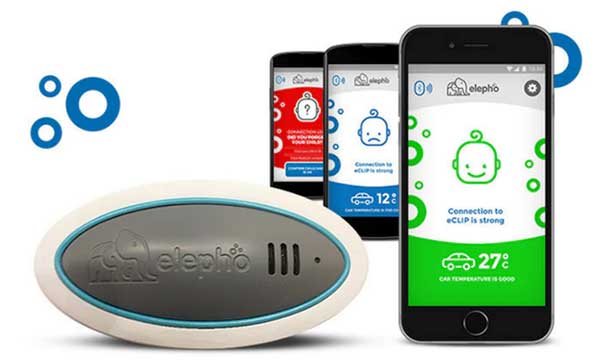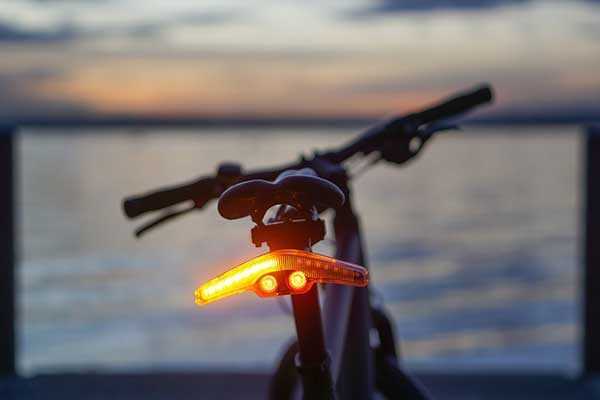
The addition of lights to bicycles is nothing new. From headlights that draw their power from the bike’s wheels to the integration of solar lighting, these devices have saved countless lives while adding some flair and originality to bikes across the nation.
But a European company has introduced a new product that aims to make bicycling even safer — and they’re doing so with the introduction of Blinkers.
Introducing the Blinkers System
Pioneered by Velohub — based out of Zurich, Switzerland — Blinkers is what it sounds like: a set of front-and rear-facing blinkers for the traditional pedal bicycle. But the developers use some next-gen technology to set this gadget apart from the others and put it at the head of its class.
Not only does it feature fully functional blinkers in the way of highly visible LED strips, but the system also includes a headlight for the front and a taillight for the back.
The headlight offers three different modes of operation, and the taillight uses a built-in accelerometer to automatically trigger the brake light when the vehicle is slowing down. Since it’s important bicyclists can execute turns safely, the lights on the Blinkers system protect them at all times.
But the centerpiece of technology in the Blinkers system is the laser projection device. The most innovative part of the entire setup is a semi-circle — laser-projected behind the bike — at night.
It makes the vehicle even more visible to passing motorists, pedestrians or other bicyclists. More importantly, it designates a clear safe zone that maintains strict boundaries.
For on-the- go power, the Blinkers system is rechargeable via micro USB, which is compatible with all current-gen laptops, desktops and many power adapters. The device includes a built-in LED screen, which briefly flashes with the unit’s remaining charge when it’s first activated. Rechargeable batteries in the current model last for approximately seven hours.
The system is also easy to install. All the mounts are magnetic, so it doesn’t require any tools or advanced mechanical knowledge. Velohub tried to make the Blinkers system as user-friendly as possible — and they succeeded at every turn.
Perhaps the biggest drawback of the Blinkers system is the cost. With a manufacturer’s suggested retail price of €199 — or just under $250 — the full system is aimed at serious biking enthusiasts and consumers who care about their health. Budget-minded consumers can pick up individual pieces of the Blinkers system, such as the front blinker, the rear blinker or the laser blinker, but it’s much more economical and affordable to purchase them all as a package.
Whether a bike is an essential form of daily transportation to and from work, or strictly a recreational vehicle, the Blinkers system can help cyclists reach their destinations safely and securely. When paired with the latest health and fitness apps or devices, bicyclists can stay safe while getting their daily exercise.
Who Is Velohub?
Despite their small size, Velohub is already making huge headlines for developing the Blinkers system.
The team, headed up by CEO Javier Fernandez de Alegria, only includes five other individuals: a head of sales, head of electronics, head of marketing, software engineer and head of direct sales. It might be a small group, but they have big goals — and they’re already on their way to achieving them.
Smart Technology for Cyclists
According to their website, Velohub’s primary purpose is to “make smart technology for cyclists.” They use cutting-edge technology to enrich the lives of bicyclists through added safety mechanisms. Velohub’s team is also quick to tout bicycling as a healthier, cheaper and cleaner alternative to modern automobiles. For more information on Velohub, or to purchase the Blinkers system, please visit their official website.
Filed in categories: News
How the Blinkers system is making cycling safer originally appeared on The Gadgeteer on March 5, 2018 at 10:00 am.
Note: If you are subscribed to this feed through FeedBurner, please switch to our native feed URL http://the-gadgeteer.com/feed/ in order to ensure continuous delivery.

